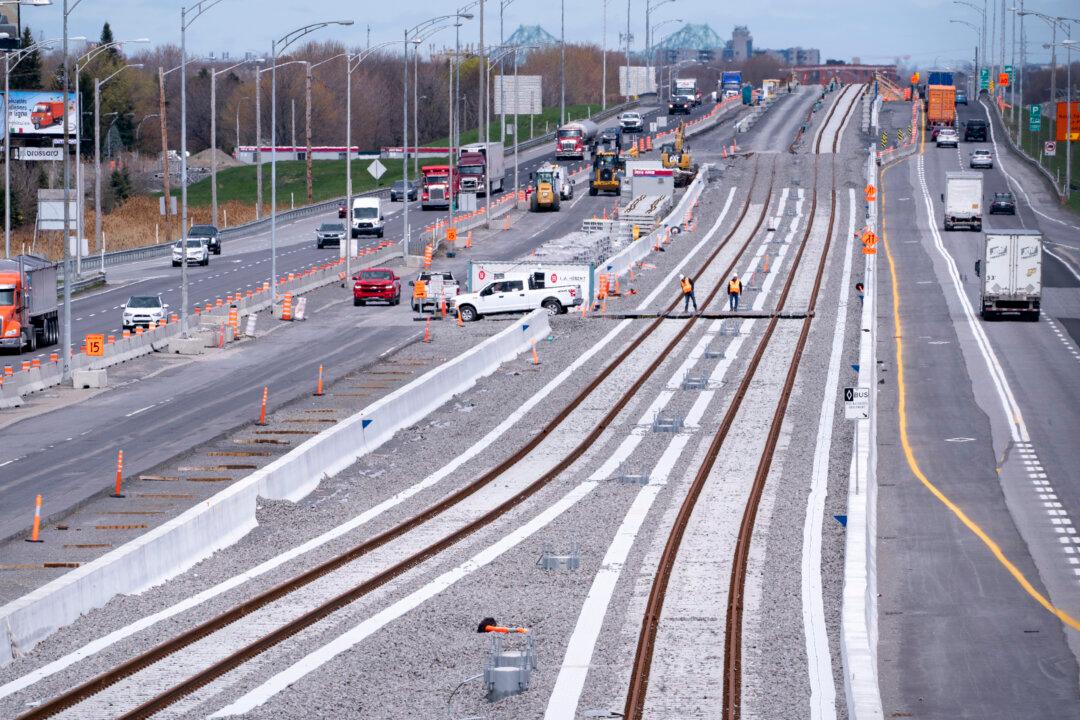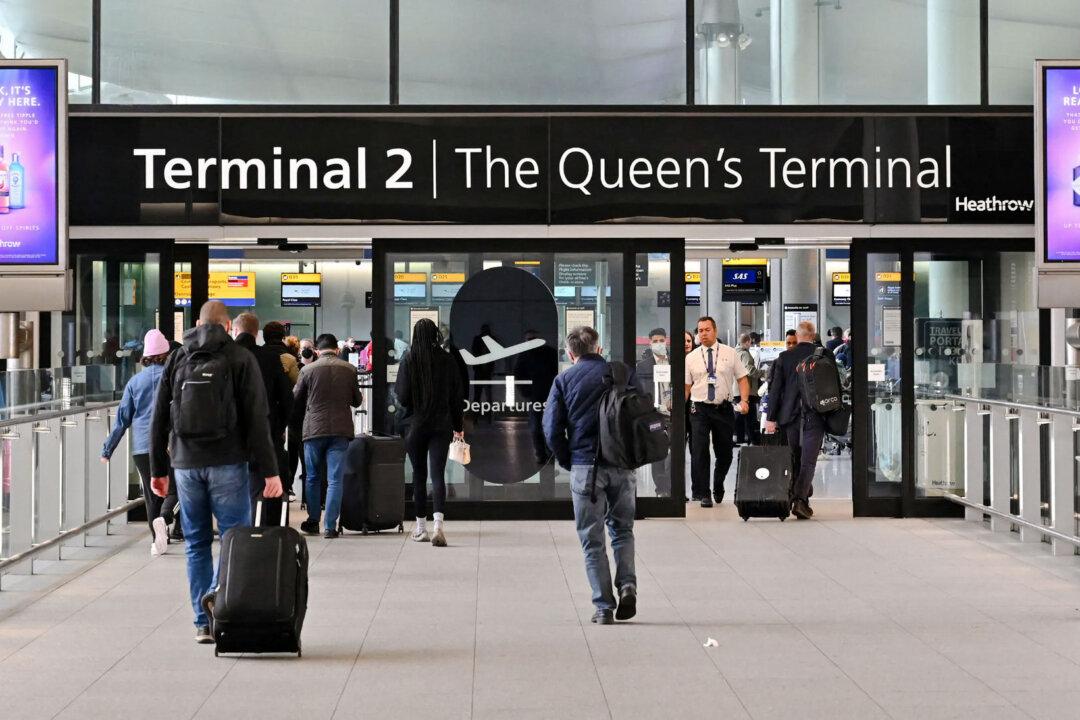Quebec’s annual construction holiday kicked off this week, upholding a 54-year tradition that grants the province’s construction workers a two-week summer vacation.
The annual vacation period, which began July 21 and will run through Aug. 3, has a significant impact on the province as nearly the entire construction industry comes to a halt.





